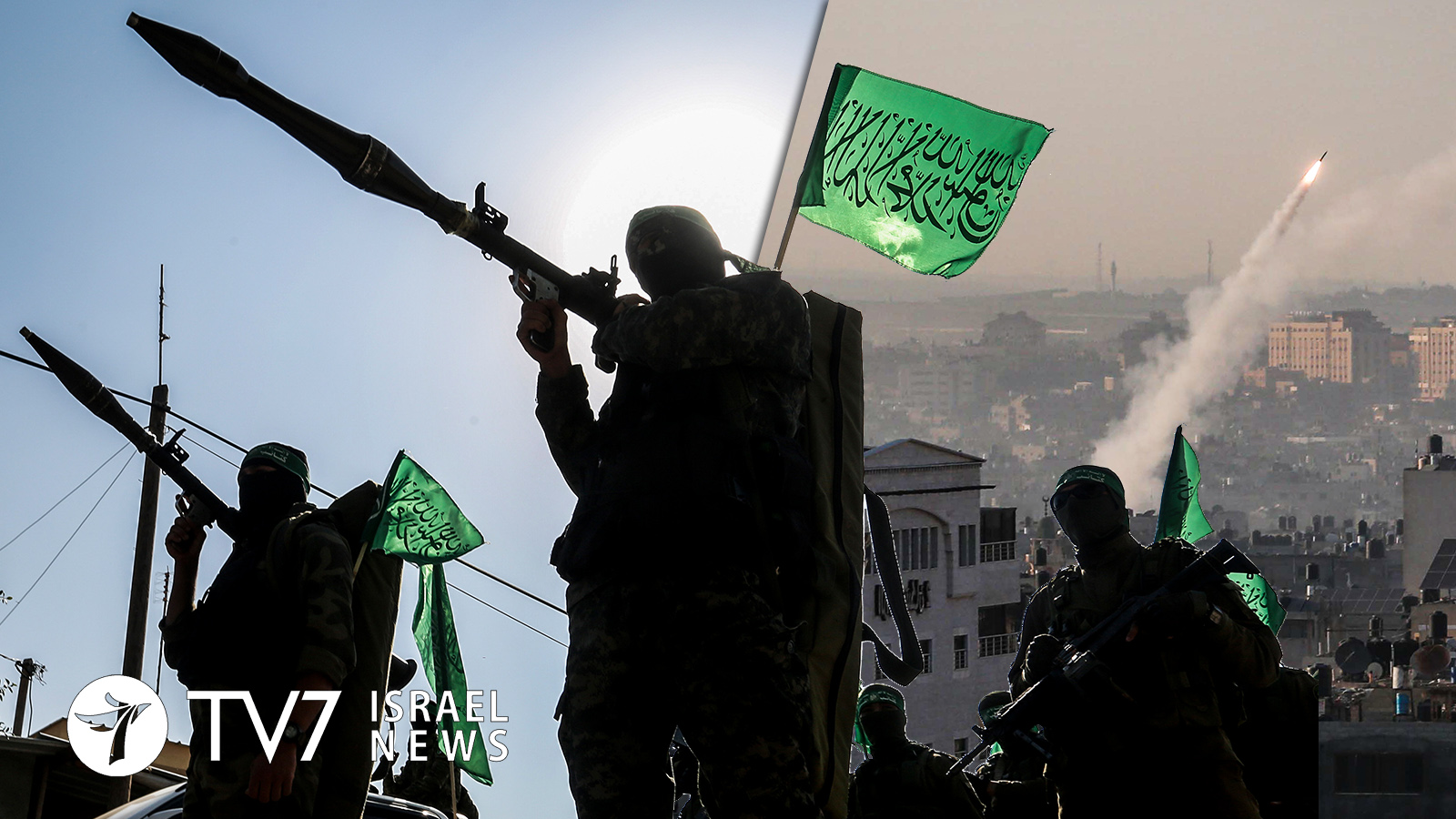The Islamist Hamas organization has proclaimed that “Israeli plans to annex the occupied West Bank and Jordan Valley will be regarded as a declaration of war against the Palestinian people.”
The spokesman of Hamas’ Izz Adin al Qassam Brigades Abu Obaida further stressed in a taped statement that Israel “would pay a heavy price” if it follows through on asserting sovereignty over the disputed territories.
Even though such threats leveled at Israel by the Islamist organizations in Gaza are not uncommon, Jerusalem’s top defense officials are taking note of the most recent proclamations amid additional indications of possible escalation.
IDF Chief of Staff Lt.-Gen. Aviv Kochavi emphasized the necessity of maintaining preparedness for any scenario. During a tour of Israel’s northern sector, he stressed that while the military is currently engaged in areas of operations vis-à-vis Hezbollah, Hamas and the Palestinian Islamic Jihad, dynamic preparedness must be maintained for the possibility that political decisions would turn into public unrest and terror throughout the sectors of Judea and Samaria over the next several weeks.
General Kochavi further asserted that “the nearing developments could (also) evolve into a war in Gaza.”
Alternate Premier and Defense Minister Benny Gantz has warned Hamas leaders against prospects of war. Speaking at the annual ceremony for graduates of the Air Force pilots course, Gantz said that while the Gaza-rulers “boast with words,” he would “suggest they remember that they will be the first to pay the price for their aggression – if it were to take place. The IDF is the strongest military in the region and the price for every attempt to harm the citizens of Israel will be both powerful and painful.”
In related developments, the Head of the Hamas Political Bureau Ismael Haniyeh held a discussion with the United Nations Special Coordinator for Mideast Peace Nikolay Mladenov, with a particular emphasis on “Israeli annexation plans and the (American) Deal of the Century.”
According to the leader of the international-recognized terror group, the U.N. envoy reassured him that the world body “opposes annexation plan given that it breaches its resolutions.” The remarks were warmly welcomed Hamas.
And while the office of the U.N. envoy did not immediately respond to TV7’s request for comment, he made his position clear in a briefing to the U.N. Security Council meeting a day prior.
Mladenov said that he wanted to “highlight the immense risks we face over the coming weeks and months, as we confront the very real possibility of annexation and its consequences. If implemented, these steps could dramatically alter local dynamics – triggering instability across the occupied Palestinian territories and maybe beyond. This conflict has been marked by periods of extreme violence, but never before has the risk of escalation been accompanied by a political horizon so distant, an economic situation so fragile, in a region so volatile. It is crucial for all stakeholders to take action that will enable the parties to step back from the brink. The goal must be to urgently reengage in dialogue that will halt unilateral steps, chart a positive way forward and avoid a descent into chaos.”
Meanwhile in Washington, U.S. Secretary of State Mike Pompeo stressed that the decision over potential West Bank annexation was solely up to Israel. “We unveiled a Middle East peace vision some number of months ago now, and we’re continuing to work down that path,” said Pompeo, underscoring that “decisions about Israel and extending sovereignty in other places are decisions for the Israelis to make, and we are talking to all of the countries in the region about how it is we can manage this process forward.”
Secretary Pompeo noted that Prime Minister Netanyahu “has certainly acknowledged” that “he wants our Middle East peace vision to be successful; and that the “Gulf states have all indicated that they are hopeful that we can put that in place.”
After observing that his “regret, only that the Palestinian Authority has refused to participate” in Washington’s proposed plan for peace, the top American diplomat voiced hope “we can begin to make real progress” in the coming weeks.
“We simply asked that they come to the negotiating table based on what’s outlined in the Vision for Peace, and they have chosen not to. They have chosen to threaten, to bluster, to assert that they’re going to deny the ability to do security proper – that’s not good for the Palestinian people. It’s dangerous for the people that live in those places too. What we’ve asked is for them to come together, for Israel and the Palestinian people to come to the table to negotiate a path forward and to find a resolution to this decades-long challenge,” he added.
